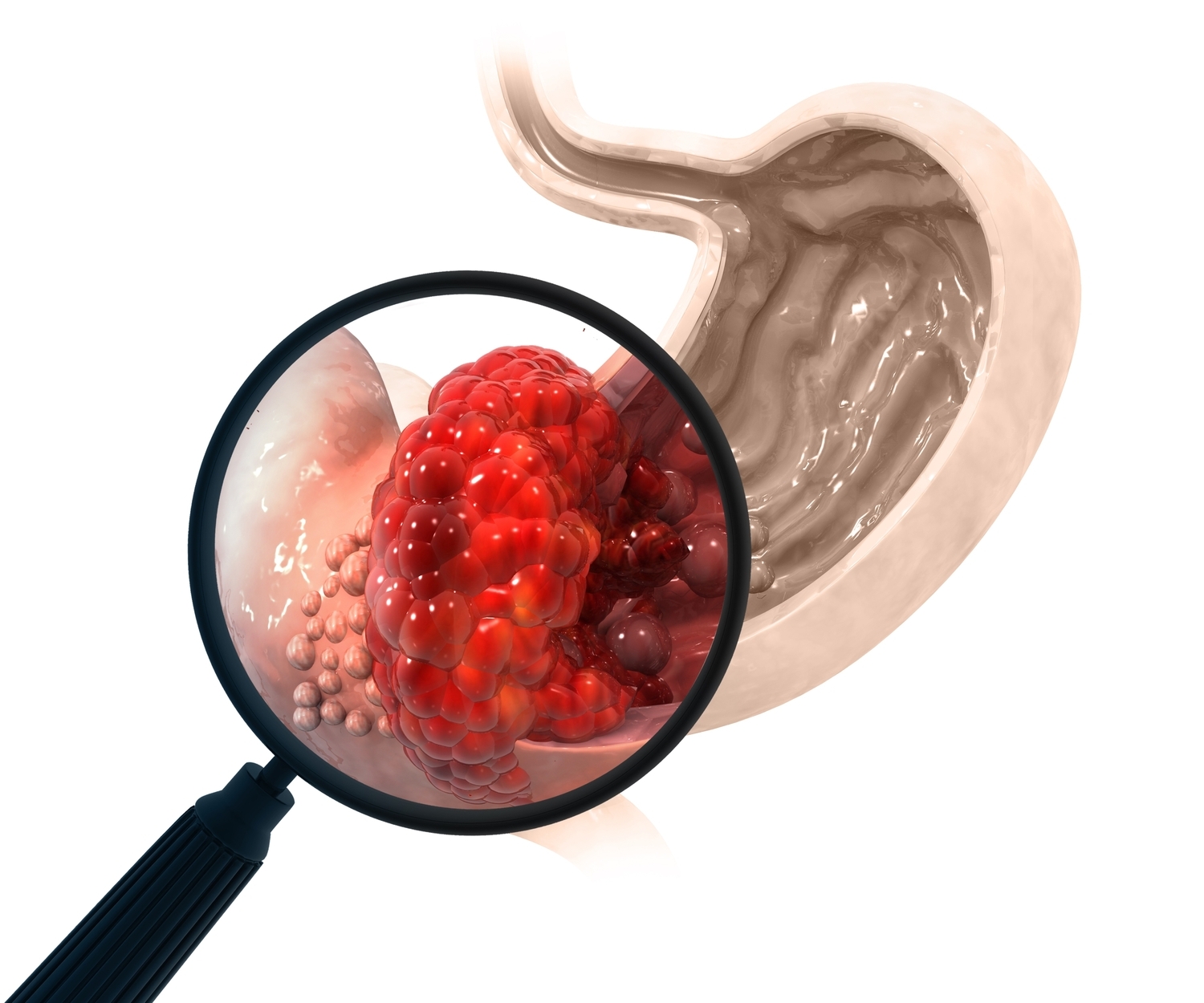Innovative Therapies for Gastrointestinal Stromal Tumors: Ripretinib and Ayvakit
Explore groundbreaking therapies for GIST, Ripretinib and Ayvakit, which offer hope for resistant cases by targeting specific mutations. This article compares their mechanisms, clinical benefits, and safety profiles, highlighting their significance in personalized cancer treatment. Developed for advanced GIST patients, these drugs represent significant progress in oncology, improving survival and quality of life. Their targeted approach exemplifies precision medicine, providing tailored options where traditional therapies fall short. Continued research may lead to even more effective treatments for this rare cancer.

Overview
Gastrointestinal stromal tumors (GIST) are rare cancers affecting the digestive tract, predominantly in the stomach or small intestine. They originate from interstitial cells of Cajal, which regulate digestive muscle movements. GISTs commonly involve mutations in genes like KIT or PDGFRA, making targeted treatments essential. Recent breakthroughs in GIST management include the use of Ripretinib and Ayvakit (avapritinib), offering new hope for patients unresponsive to standard therapies.
These targeted drugs provide alternative options for resistant cases, improving outcomes and survival rates. This article compares their mechanisms, effectiveness, and safety profiles, highlighting their roles in personalized GIST treatment.
Understanding GIST Challenges
Mutations in KIT or PDGFRA lead to uncontrolled tumor growth. Conventional treatment with TKIs such as imatinib has been effective initially but often faces resistance over time. Patients with resistant tumors need advanced therapies tailored to specific mutations, which is where Ripretinib and Ayvakit come into play.
Ripretinib: A Breakthrough in GIST Management
Developed by Deciphera Pharmaceuticals and marketed as Qinlock, Ripretinib is a next-generation tyrosine kinase inhibitor approved in 2020 for heavily pre-treated GIST patients, especially after failure of previous TKIs. It targets a broad spectrum of KIT and PDGFRA mutations, including resistant secondary mutations.
How It Works
Ripretinib inhibits both primary and secondary mutations in KIT and PDGFRA genes. Its unique ability to stabilize inactive KIT form prevents pathways that promote tumor proliferation, making it effective even after other treatments have failed.
Performance in Clinical Trials
Clinical data, notably from the INVICTUS trial, demonstrate that Ripretinib extends progression-free survival to a median of 6.3 months, with a median overall survival of 15.1 months, significantly benefiting advanced GIST patients.
Potential Side Effects
Common adverse effects include fatigue, hair loss, muscle discomfort, and skin reactions. Serious side effects like hypertension and skin issues can occur but are generally manageable.
Ayvakit: Targeted Approach for Specific Mutations
Approved by the FDA in 2020, Ayvakit (avapritinib), made by Blueprint Medicines, is designed for GIST patients with PDGFRA exon 18 mutations, including the resistant D842V variant. It offers a precision medicine option for this challenging subset.
Mechanism of Action
Ayvakit selectively inhibits mutated PDGFRA and KIT proteins. Its targeted action effectively blocks pathways that drive tumor growth, especially in cases with the D842V mutation.
Clinical Effectiveness
The NAVIGATOR trial showed promising results, with an 84% overall response rate for patients with the D842V mutation, some experiencing complete tumor reduction. Many patients remained progression-free and alive at the data cutoff.
Side Effects
Common issues include swelling, fatigue, nausea, and cognitive concerns like memory loss. Rare serious events such as intracranial bleeding have been reported, necessitating careful monitoring.
Comparing Treatments for GIST
Both Ripretinib and Ayvakit expand treatment options, especially for resistant GIST cases. Their application depends on mutation type and prior therapies. Here’s a quick comparison:
FDA Approval: Ripretinib - fourth-line; Ayvakit - for PDGFRA exon 18 mutations
Mechanism: Ripretinib - broad-spectrum KIT/PDGFRA inhibitor; Ayvakit - selective for PDGFRA exon 18 mutations
Target Audience: Ripretinib - resistant tumors after three treatments; Ayvakit - specific PDGFRA mutations
Effectiveness: Ripretinib - PFS 6.3 months, OS 15.1 months; Ayvakit - ORR 84% (D842V mutation)
Side Effects: Ripretinib - fatigue, alopecia; Ayvakit - edema, cognitive effects
These therapies mark a significant step forward in managing GIST, particularly for patients with limited options. Ongoing research promises further improvements in targeted cancer treatments, offering hope for personalized and effective care.










